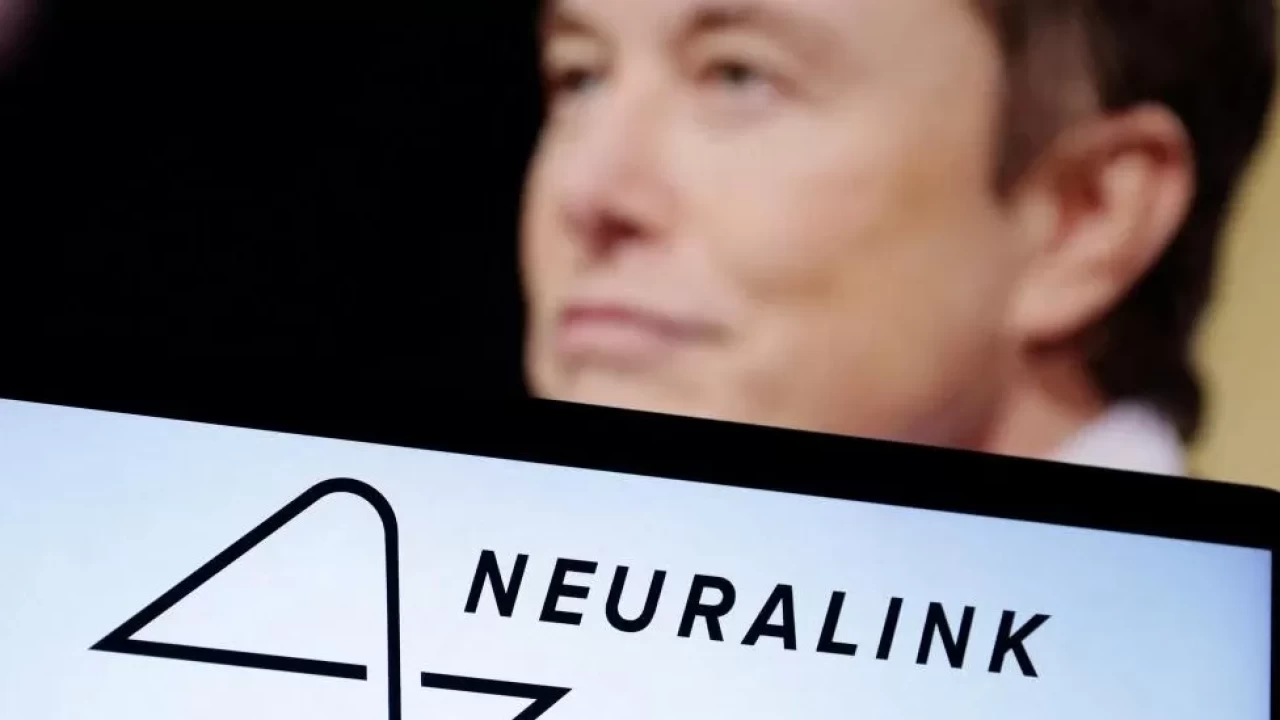Elon Musk's company, Neuralink, has been granted approval by the US Food and Drug Administration (FDA) to conduct its first human trials. Neuralink, a brain-chip firm, aims to establish a connection between brains and computers in order to restore vision and mobility for individuals. Although the company does not currently have immediate plans to recruit participants, this approval marks a significant milestone after a previous unsuccessful attempt by Mr. Musk to initiate tests. The FDA has acknowledged Neuralink's announcement, while a previous bid for FDA approval was reportedly declined for safety reasons earlier this year, according to Reuters. Neuralink's microchips, which have undergone testing on monkeys, are intended to interpret brain signals and transmit information to external devices via Bluetooth.
Experts have emphasized the necessity for extensive testing to address both technical and ethical challenges before Neuralink's brain implants can be widely accessible. Elon Musk has previously suggested that this technology could potentially alleviate concerns about AI displacing humans. Neuralink announced the recent approval on Twitter, referring to it as an important initial step towards eventually helping numerous individuals through their technology. The company acknowledged the significant effort invested by the Neuralink team in collaboration with the FDA to achieve this milestone. They also promised to provide further details soon regarding their plans to recruit participants for trials. On their website, Neuralink asserts that safety, accessibility, and reliability are key priorities throughout their engineering process. Since its establishment in 2016 by Mr. Musk and others, the company has faced challenges in meeting its ambitious timelines.
Neuralink initially set a goal to begin implanting chips in human brains in 2020, in alignment with a pledge made the previous year. However, it later adjusted its timeline and aimed to commence the process in 2022. The company faced another setback in December of the preceding year when it reportedly faced an investigation for alleged violations of animal welfare in its work, although it had previously denied similar allegations. The recent announcement of FDA approval for human tests follows news of a comparable breakthrough by Swiss researchers involving brain implants. In this breakthrough, a paralyzed individual from the Netherlands was able to walk by simply thinking about it, thanks to a wireless system of implants that transmit his thoughts to his legs and feet.


0 Comments